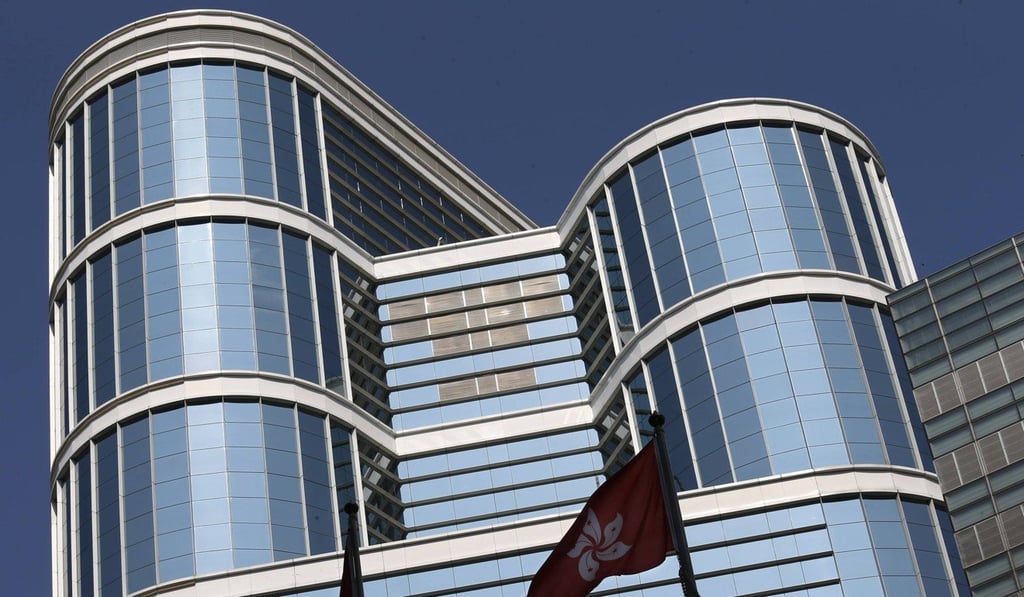Update | Citic Telecom first half profit rises 10.9pc on solutions business growth
Offshoot of mainland’s largest conglomerate, the Citic Group, saw 6.1pc fall, however in overall revenue, fuelled by a decline in sales of equipment and mobile handsets

Citic Telecom International Holdings, a unit of the mainland’s largest conglomerate the Citic Group, has posted a strong set of interims, showing growth particularly in its enterprise and mobile services businesses.
Half-time profit, or what it calls ‘profit attributable to equity shareholders’, came in at HK$454.6 million (US$58.16 million), or 12.9 HK cents per share – a 10.9 per cent per cent rise on last year at this time and around 32 per cent of the HK$1.43 billion full-year profit consensus estimate from analysts, polled by Bloomberg.
The company announced an interim dividend of 3 HK cents per share, up 5.3 per cent compared to last year.

Excluding valuation gains on investment property for the period of HK$19.6 million, the result represented a 6.1 per cent profit increase.
Revenue, however, was down 6.05 per cent to HK$3.59 billion, on weak mobile phone sales. Overall revenue, excluding the sale of equipment and handsets, increased 7.5 per cent, but the company added that mobile sales and services in the first half were still strong, claiming now to have more than half of in Macau’s 4G market.
The group also reported substantial growth in the operating results of its international mobile operations, and its in new ‘DataMall’ business, which provides mobile data services, with the offshoot achieving good progress in coverage and growth, as it expanded into Singapore, Thailand and Korea during the half.